This research was conducted in the natural reserve Ngoc Son-Ngo Luong, Hoa Binh province, Viet Nam. The region however, has been the habitat of Muong ethnic group for thousands of years. To guarantee and improve the living standard of the local people, scientific support to identify and apply sustainable land management practices was highly needed. The ethnopedological science provides a promising tool to link this local and scientific soil knowledge. The book has been organised in six chapters. Chapter 1 reviews the ethnopedological approach and defines the research problems. Chapter 2 describes the biophysical and micro-scale socio-economical environment of the study area. Chapter 3 provides a range of methodologies and tools to assess the local soil classification and soil quality. Chapter 4 outlines the participatory farmer management approach for improving soil quality. In chapter 5, a conceptual framework of model-based explorations and interactions with local people, is developed to identify alternative land use plans that promote sustainable land management. The general conclusions have been summarized in chapter 6.
Bitte wählen Sie Ihr Anliegen aus.
Rechnungen
Retourenschein anfordern
Bestellstatus
Storno

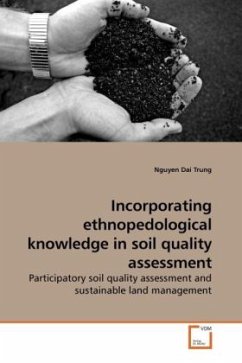
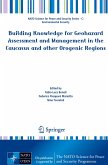
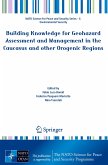
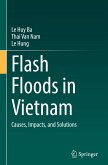
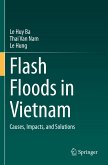
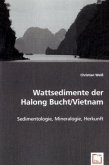
![North American Mesozoic and Cænozoic Geology and Palaeontology, or, An Abridged History of Our Knowledge of the Triassic, Jurassic, Cretaceous and Tertiary Formations of This Continent [microform] North American Mesozoic and Cænozoic Geology and Palaeontology, or, An Abridged History of Our Knowledge of the Triassic, Jurassic, Cretaceous and Tertiary Formations of This Continent [microform]](https://bilder.buecher.de/produkte/66/66194/66194537m.jpg)
